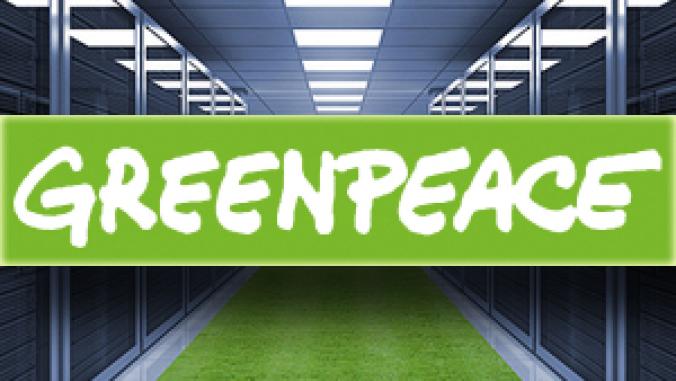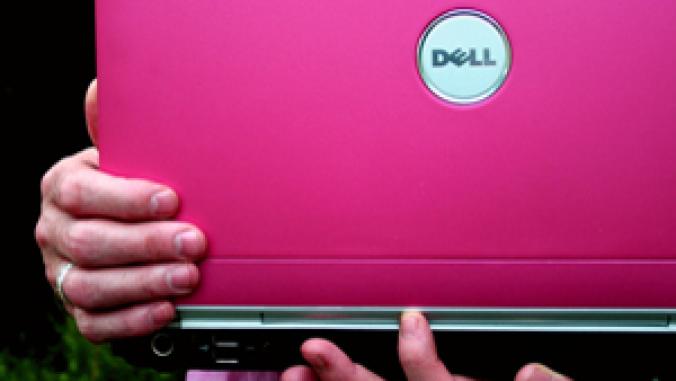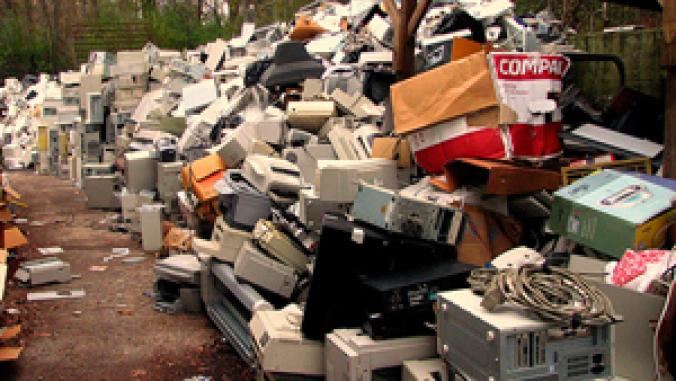NYC Judge Dismisses Industry-Led E-Waste Lawsuit
<p>A federal court judge today dismissed a lawsuit seeking to halt the Big Apple's electronics waste recycling law, and a similar state-wide law that pre-empted the law is going on the books.</p>

A federal court judge today dismissed a lawsuit seeking to halt the Big Apple's electronics waste recycling law, and a similar state-wide law that pre-empted the law is going on the books.
The NYC law would hold electronics manufacturers responsible for paying for the collection and recycling of discarded electronics, a move known as producer responsibility.
It's a case that has been held up as an example of -- and cautionary tale about -- the impacts of e-waste bills. As we reported last year:
The Big Apple passed a law in 2008 that set up a system for collecting and recycling unwanted electronics, and a week before the deadline for manufacturers to submit goals to the city government on how much of that waste would be collected, the Consumer Electronics Association (CEA) and the Information Technology Industry Council (ITIC) filed a lawsuit that has put the brakes on implementing the law.
"The electronics industry is doing an end run around the states by trying to stop the New York City law," [Barbara] Kyle [the national coordinator for the Electronics TakeBack Coalition] said. "They want a weak federal law that would pre-empt action in the states, which are turning out surprisingly strong state laws."
The result of the lawsuit, as Kyle explained it, is to raise questions about the constitutionality of state- and local-level e-waste laws as a way of preventing those laws from going on the books, and forcing the issue to the federal government, where progress is and has been slow.
Dismissing the New York City case is of course welcome news in the ongoing process of trying to clean up the mountains of discarded electronics generated every year in the U.S. But it also highlights the challenges that industry, government and NGOs alike face with the e-waste crisis.
On the one hand, the industry lawsuit was intended to halt the ongoing creation of a nationwide patchwork of e-waste rules in cities and states (the Electronics Takeback Coalition has posted a map of these laws, in favor of federal legislation. But groups working on e-waste issues say that any federal legislation would inevitably be weaker than the strongest state-level laws, and even in the current patchwork process, some states have weaker policies than other.
Although the dismissal of the lawsuit means that the Big Apple will soon have a powerful tool to reduce its e-waste footprint, it also means the ongoing struggle to address electronic waste in a comprehensive way will continue apace.




